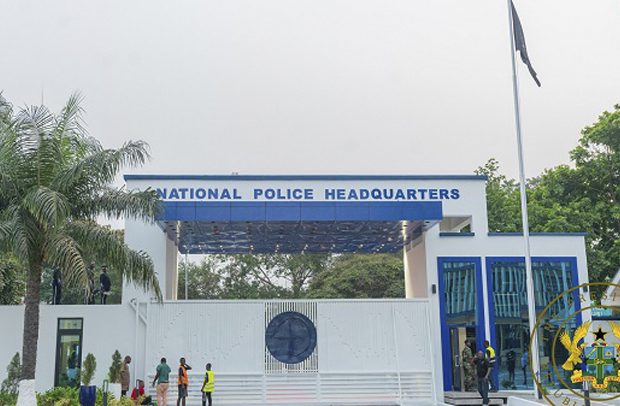The previously cumbersome police criminal clearance certification confined to the Criminal Investigation Department (CID) headquarters in Accra has been decentralised.
According to a statement from the Police Administration, the process has now been ceded to the 25 police regions across the country and so applicants no longer come to Accra for the purpose.
“Effective Monday, May 22, 2003, persons seeking criminal clearance can do so in any of the 25 Police regions across the country,” the Police statement pointed out.
The decision to decentralise, according to the Police, is part of the security organisation’s “transformational agenda to improve the delivery of policing services to the public” and as a first step towards a full automation process of police services.
The recently updated police region are
Ahafo-Goaso, Ashanti-Kumasi, Ashanti South -Bekwai, Ashanti North-Mampong, Bono-Sunyani, Bono East-Techiman, Tema, Central-Cape Coast, Central East-Kasoa, Central North-Assin Fosu, Eastern-Koforidua, Eastern South-Kibi, Eastern North-Mpraeso, Northern-Tamale, North-East-Nalerigu, Oti-Dambai, Savannah-Damango, Upper East-Bolga, Upper West-Wa, Volta-Ho, Volta North-Hohoe, Western-Takoradi, Western Central-Tarkwa and Western North-Sewi Wiawso.
The second phase of the automation process in the Police, the statement disclosed “will entail an online application process.”
The decentralisation process is expected to make the service more accessible to those seek it.
“We continue to urge the public to support us in our effort to become the best institution in the country and a reference point for Africa and beyond,” the statement added.
The police criminal clearance is demanded by some local employers and for Ghanaians seeking jobs abroad.
Recently, the CID office handling this process was moved to the Nima Police Station to ease congestion at the CID headquarters, it has been learnt.
The police criminal clearance lasts six months, and is a service for which applicants pay. Those abroad pay more than their local counterparts.
The decentralisation of the process has brought relief to those who would have otherwise travelled to Accra for the purpose.
By A.R. Gomda


